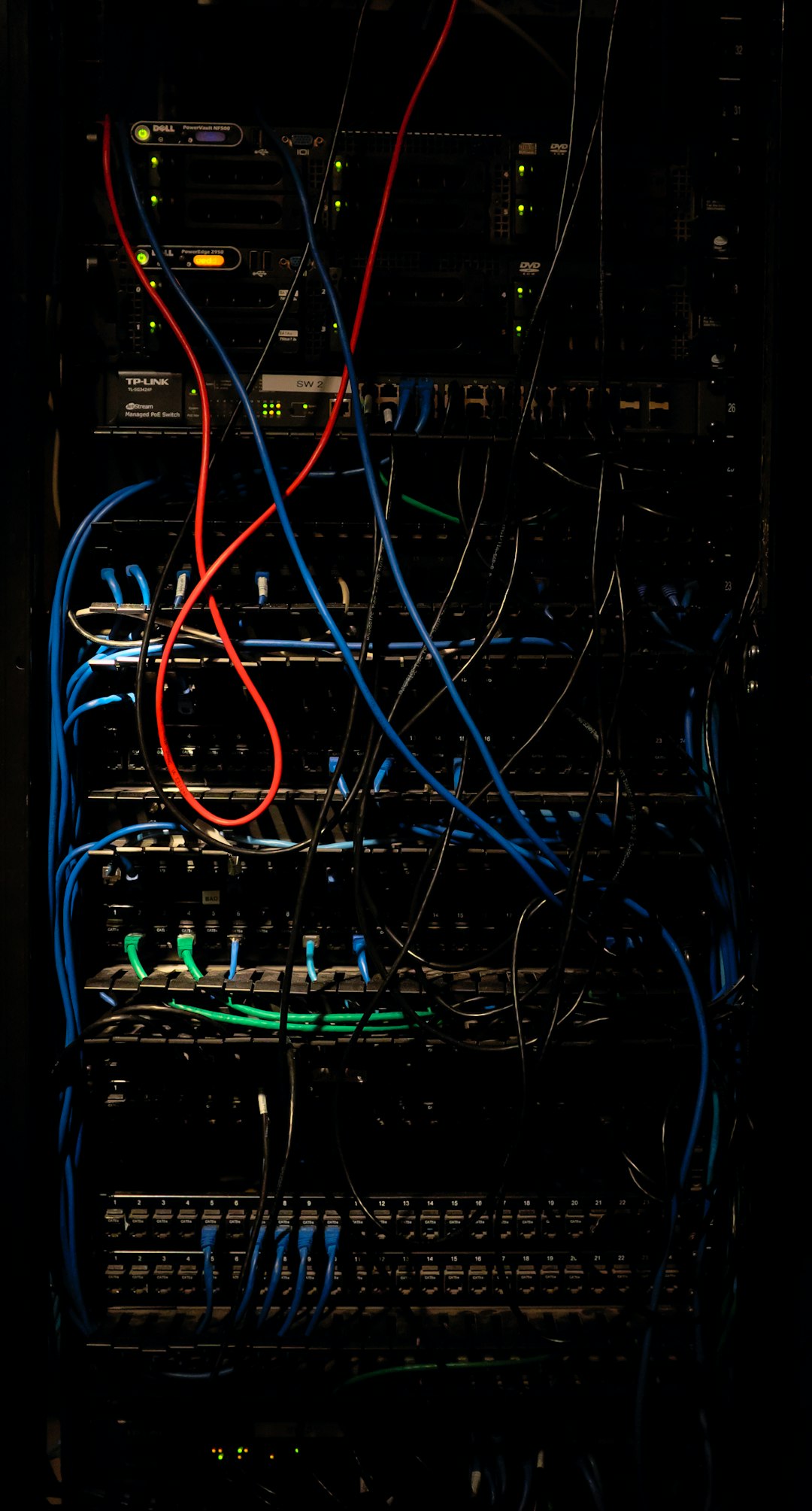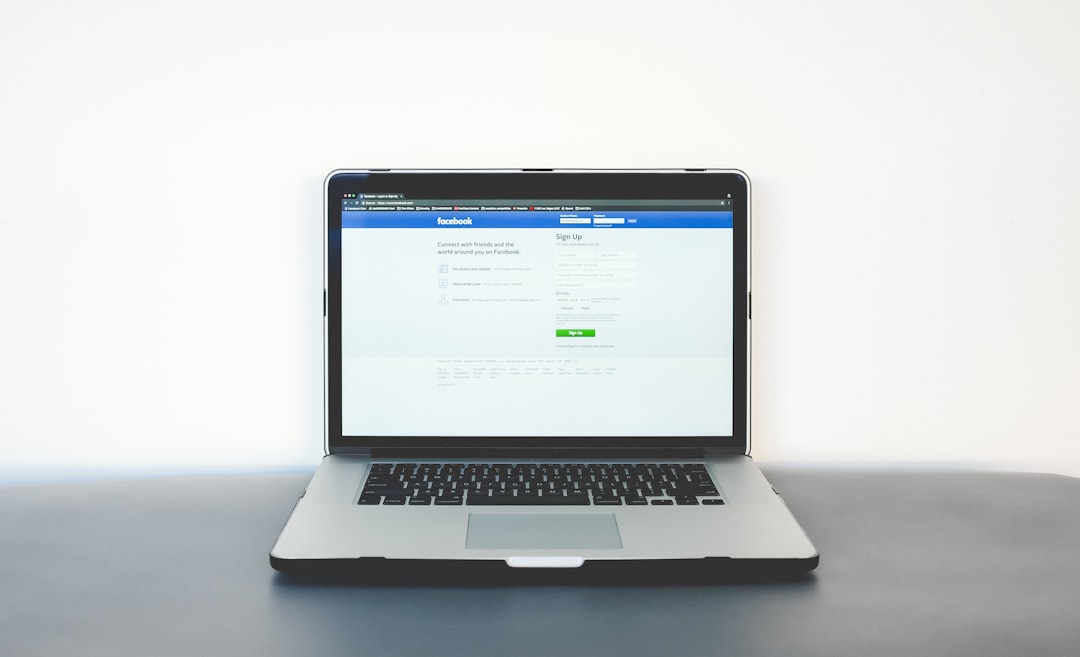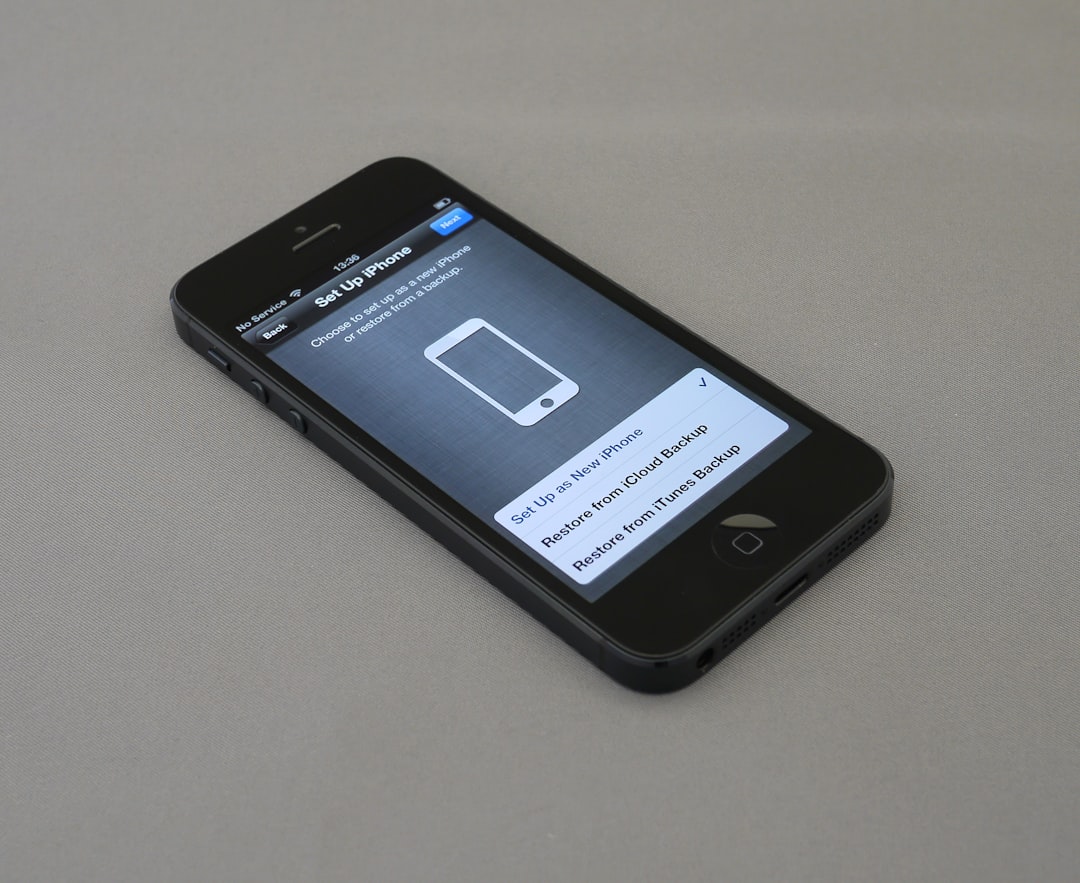At the University of Pennsylvania (Penn), remote access to campus resources plays a critical role in facilitating research, learning, and collaboration. The VPN UPenn service is an essential tool that enables students, faculty, and staff to securely connect to the university’s internal network from anywhere in the world. Whether you’re conducting research off-campus or accessing restricted systems from your home, understanding how the UPenn VPN works and how to use it effectively is key.
What Is the UPenn VPN?
The UPenn Virtual Private Network (VPN) allows authorized users to create a secure, encrypted connection to Penn’s internal network over the internet. By using a VPN, your device becomes part of the campus network, allowing access to digital resources that are usually only available on campus, such as internal websites, licensed databases, printing systems, and more native applications.
While a VPN secures your connection, advanced tracking techniques can still identify devices. A mobile antidetect browser with Multilogin helps emulate real mobile environments and isolate browser profiles – useful for testing, automation, and safer multi-account management.

Key Features of the UPenn VPN
- Secure Encryption: All traffic between your device and the university network is encrypted, protecting sensitive information.
- On-Demand Access: VPN is available globally, 24/7, allowing flexible connection from nearly anywhere with internet access.
- Multiple Protocols: UPenn’s VPN uses Cisco AnyConnect, offering a robust and reliable connection protocol for a range of devices including Windows, macOS, iOS, and Android.
- Split Tunneling: This feature helps optimize internet traffic by routing only necessary data through the VPN, while allowing other traffic to access the web directly.
How to Access the UPenn VPN
Using the UPenn VPN service requires a valid PennKey and Duo two-factor authentication, ensuring that only authorized users can access university resources.
- Download the Cisco AnyConnect application from the university’s software distribution page or from your device’s app store.
- Launch the application and enter the VPN server address: vpn.upenn.edu.
- Authenticate with your PennKey credentials and Duo verification.
- Once connected, your device acts as though it’s on Penn’s network, granting you access to internal services.

Access Policies and Eligibility
While the VPN is an essential service, access is not granted universally by default. Here’s a closer look at UPenn’s VPN access policy:
- Faculty and Staff: Most faculty and staff automatically receive VPN access as part of their employment privileges.
- Students: Graduate students typically have access, especially if involved in research or teaching, while undergraduate access may require departmental approval.
- Guests and Contractors: Limited-time VPN access may be granted with departmental sponsorship and must adhere to Penn’s cybersecurity policies.
Departments and IT support teams manage access requests, and users are strongly encouraged to limit VPN usage to university-related tasks.
Best Practices for Using the UPenn VPN
To maximize security and performance while using the UPenn VPN, consider the following best practices:
- Limit VPN Use to Necessary Tasks: Use the VPN only when accessing university resources. Disconnect when not needed to conserve system resources.
- Keep Software Updated: Make sure your operating system and AnyConnect client are up to date to ensure compatibility and security.
- Avoid Public Wi-Fi: When practical, avoid connecting to VPN over unsecured public Wi-Fi networks.
- Follow Penn’s IT Guidelines: Regularly review and comply with policies set by ISC (Information Systems and Computing).
FAQ
- Q: Is the UPenn VPN free to use?
A: Yes, the VPN is free for eligible UPenn students, faculty, and staff as part of their university services. - Q: Can I use the VPN on my mobile device?
A: Absolutely. Cisco AnyConnect is available for both iOS and Android devices and supports the UPenn VPN. - Q: What should I do if I’m denied access?
A: Contact your department’s IT support or the central Penn IT help desk to request access or troubleshoot account issues. - Q: What resources require VPN access?
A: Internal websites, some library resources, departmental servers, and university-licensed software typically require VPN. - Q: What happens if I leave the university?
A: VPN access is deactivated once your PennKey expires after graduation, resignation, or end of affiliation.
